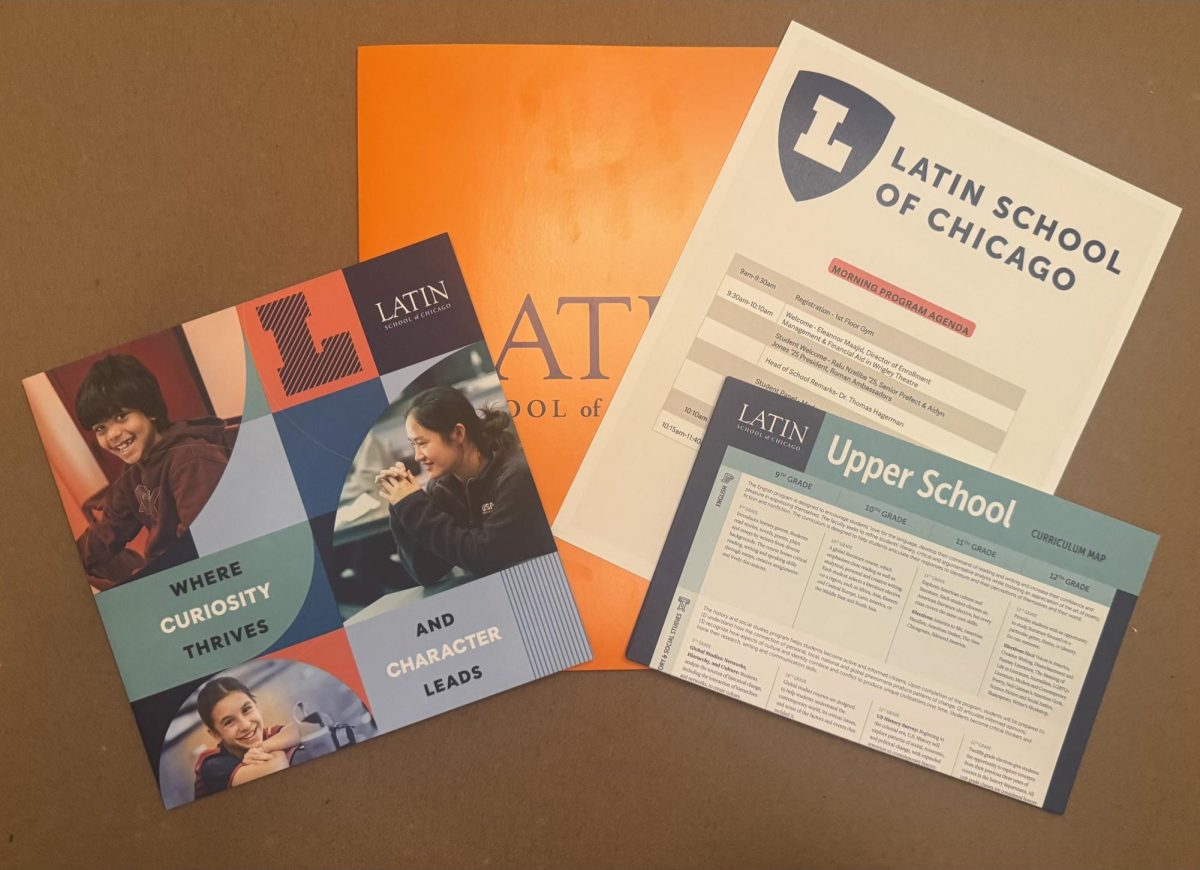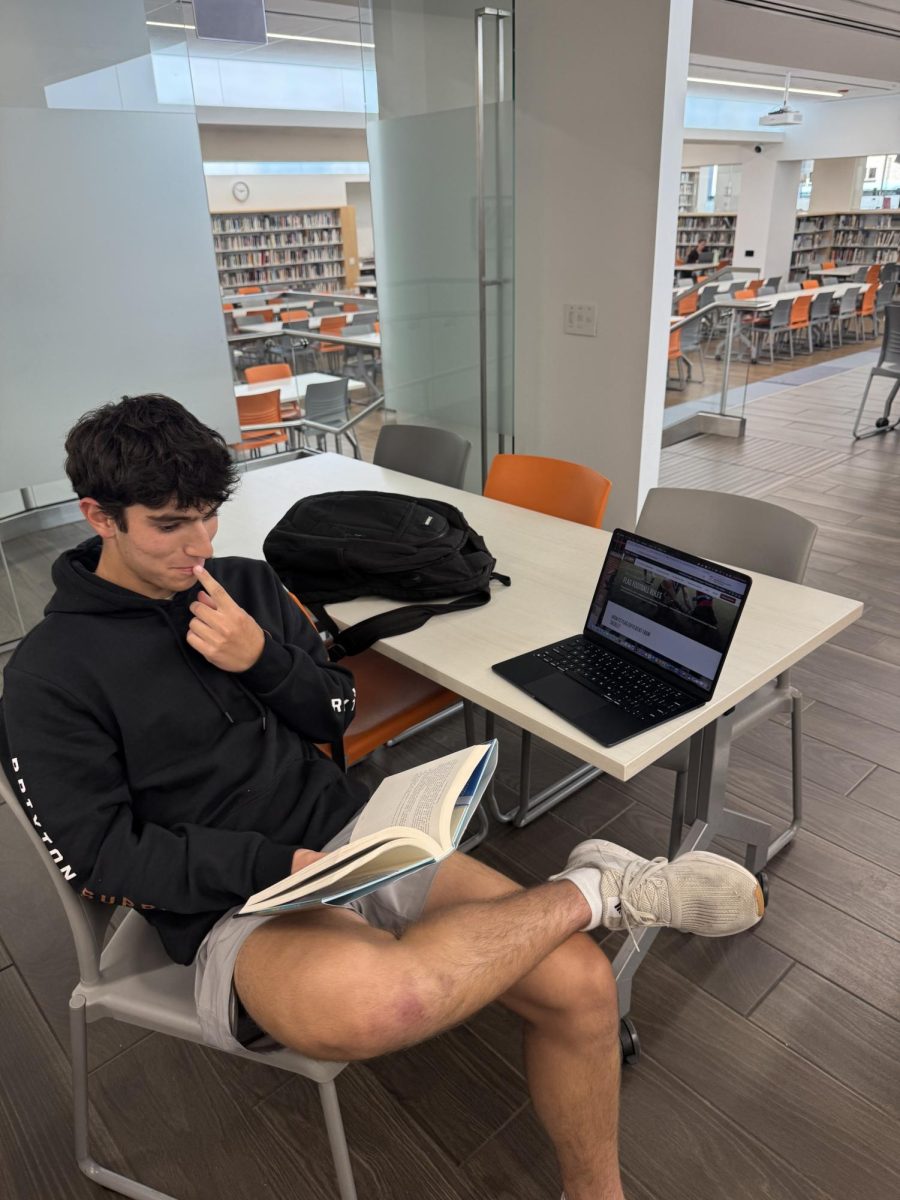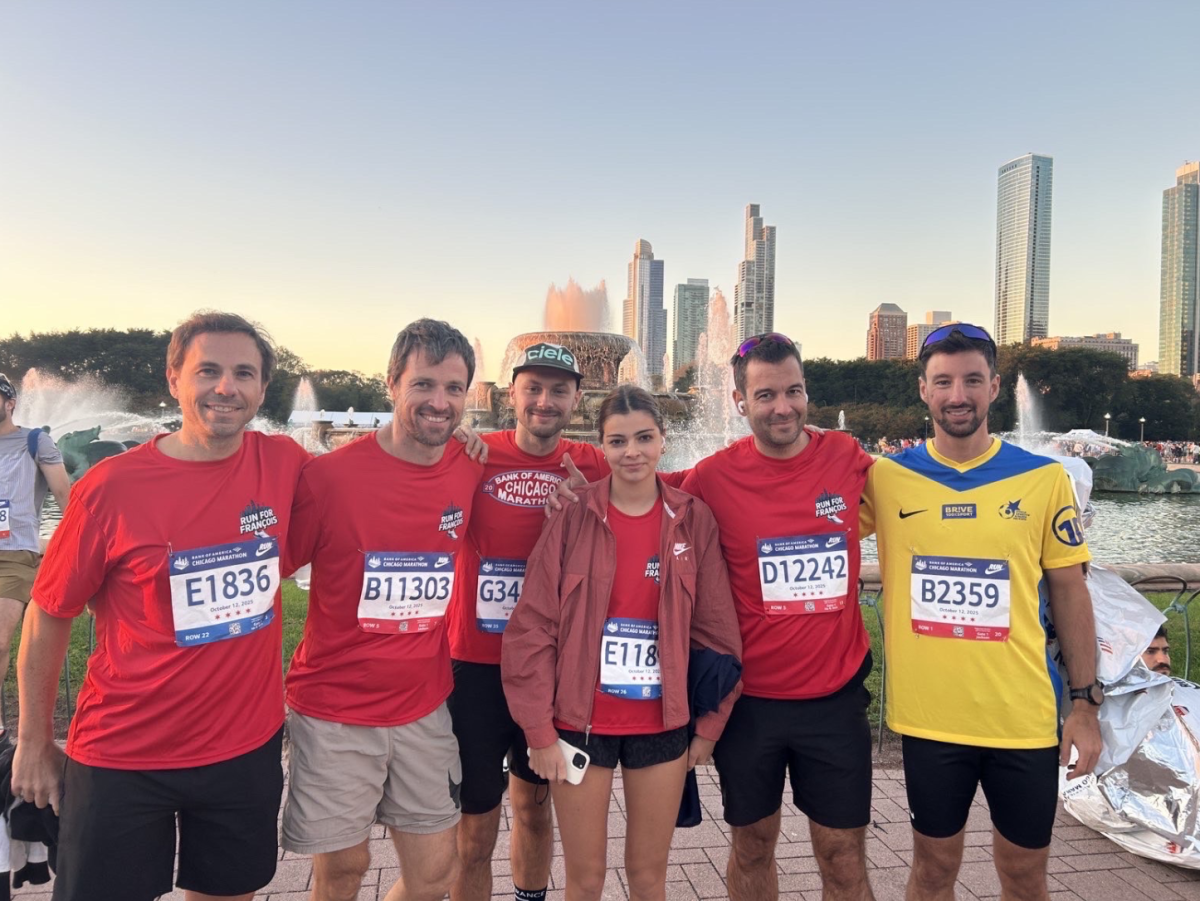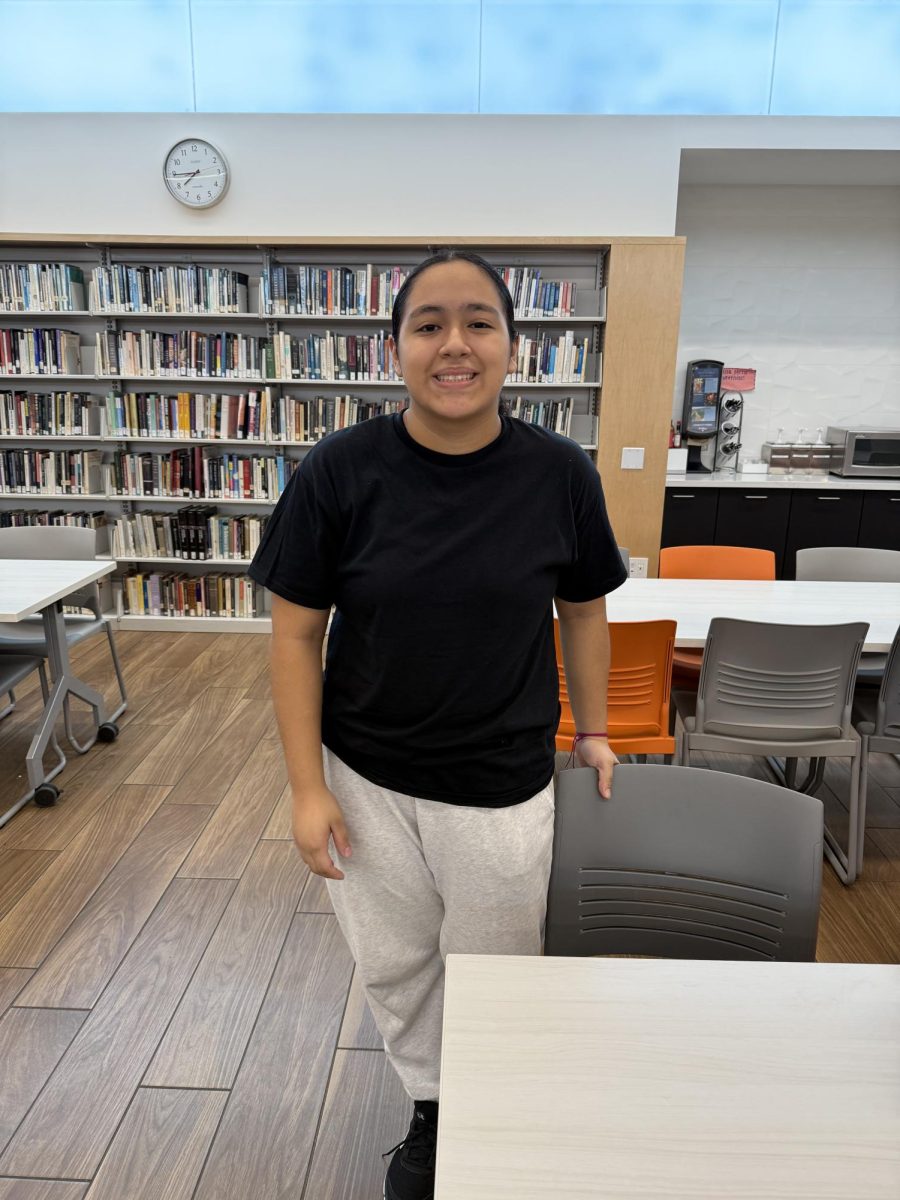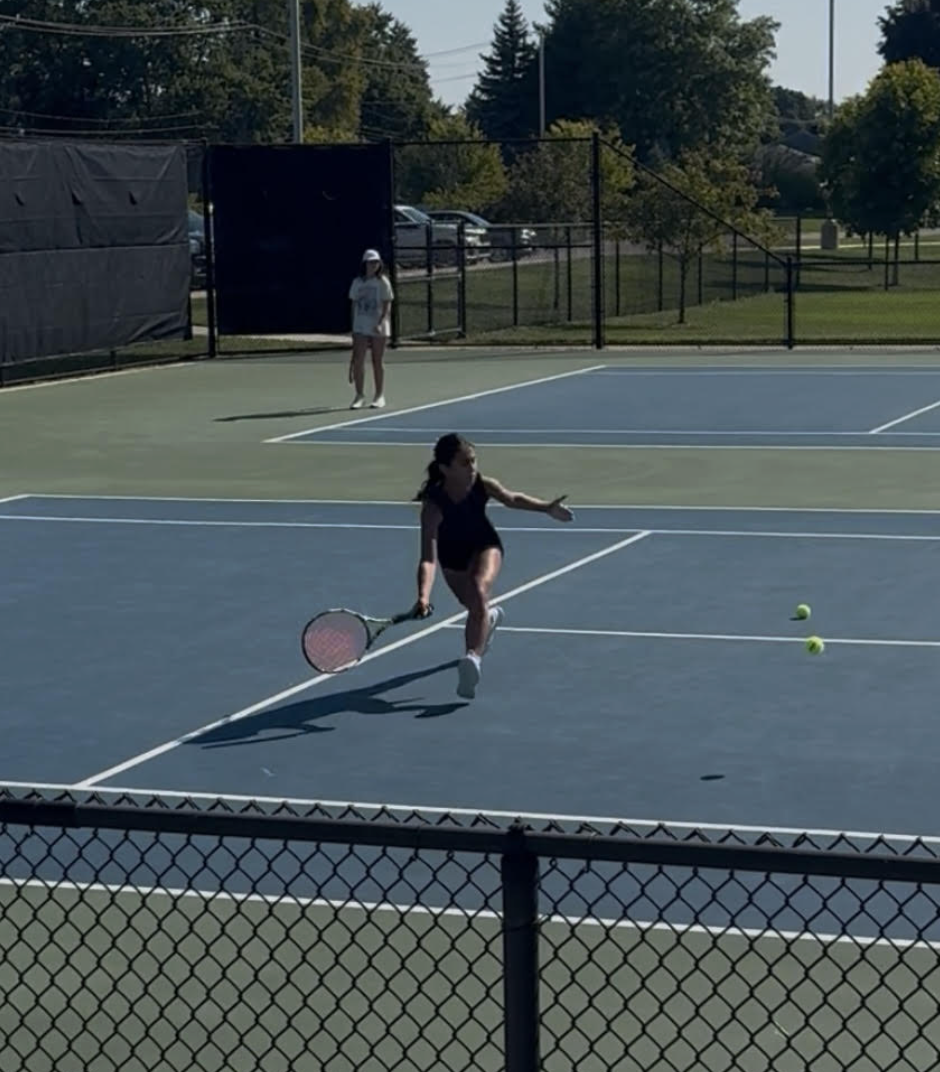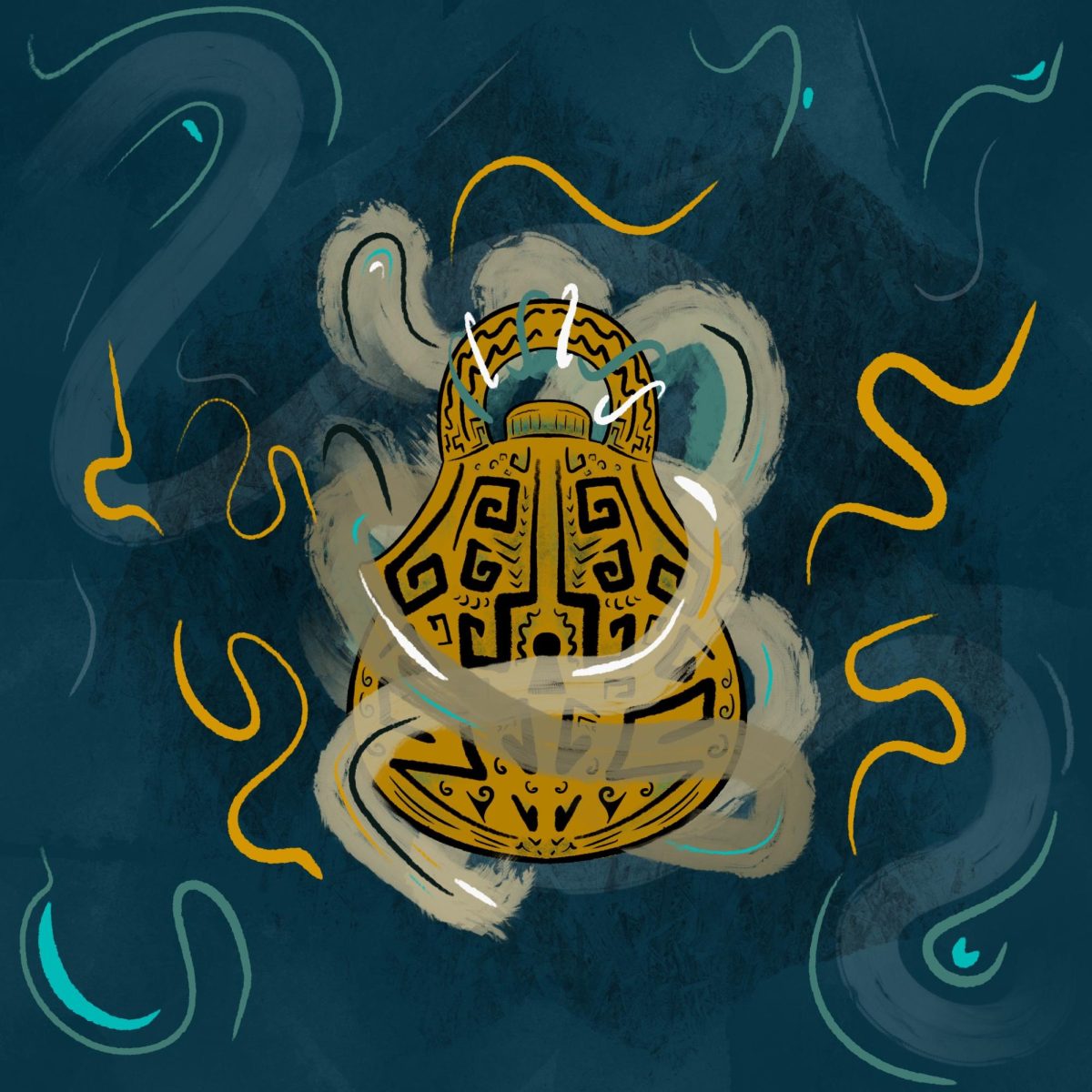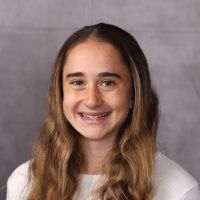With antisemitism on the rise globally, Latin has responded to concerns from its own Jewish community members by adding tools to help identify and address antisemitism. Latin has offered new training, presentations, and community gatherings to further support students and their families.
“We all know, there have been reports of antisemitic incidents within our community over the past few years,” Head of School Thomas Hagerman wrote in an email to The Forum, quoting from a recent presentation he gave during the Jewish Identity Curriculum Chat in early May. “It is important to note that we have taken concrete steps in the wake of these incidents.”
Despite antisemitism often being recognized as “the oldest hatred,” partly in response to the conflict in the Middle East, there has been a substantial increase in antisemitism and anti-Israeli sentiment. In 2024, total antisemitic incidents across the United States reached 9,354, up 5% from the previous year, and an 893% increase over the past 10 years, according to the Anti-Defamation League. In K-12 schools nationwide, reports of antisemitic incidents have increased by an alarming 700% since the Hamas attack on Israel on October 7, 2023.
As recently as two weeks ago, Elias Rodriguez, a Chicago native, shot and killed two Israeli embassy employees while shouting “Free Palestine,” as they departed Washington, D.C.’s Capital Jewish Museum.
Now more than ever, it is increasingly crucial to define antisemitism. Certainly, all definitions include a hatred of Jewish people and any prejudice or violence that stems from such hatred. Nevertheless, various stakeholders may have differing views on the specifics of what antisemitism actually entails.
For example, the International Holocaust Remembrance Alliance offers a definition that includes the following: “Rhetorical and physical manifestations of antisemitism are directed toward Jewish or non-Jewish individuals and/or their property, toward Jewish community institutions and religious facilities.”
This definition, however, includes examples, some of which relate to criticism of Israel. As a result, it has been opposed by certain advocacy groups who argue that it restricts legitimate political speech. There is disagreement, even within the Jewish community, about any definition’s potential to silence any criticism of Israel.
Moreover, simply focusing on antisemitism as an explicit hatred has the potential to obscure the more insidious ways antisemitism tends to operate.It may take the more subtle form of antisemitic tropes and stereotypes that often stem from ignorance.
Senior and Latin’s Jewish Students Connection affinity group (JSC) Co-Head Danny Goodman acknowledged the nuance. “Any form of hatred against Judaism is obviously a really easy answer, but the way it presents itself can be really deceptive,” he said. “It’s really often not like this big thing. It’s everyday comments that kind of throw you a curveball and just ruin your day.”
At Latin, the focus has been less on precise definitions and more on deepening an understanding of what being Jewish means to its community members and intentionally recognizing some of the unique characteristics of being Jewish at Latin.
“I have witnessed ignorance around Jewish identity and experience,” Upper School English teacher and DEI Curriculum Coordinator Brandon Woods said. “Just because it’s not ‘quote unquote antisemitism,’ it doesn’t mean it shouldn’t be addressed.”
Upper School history teacher and Difficult Dialogues Coordinator Matthew June also acknowledged that the privilege that is often associated with being a Jewish student at Latin may obscure the reality that being Jewish is also “a minority that has been othered and persecuted and excluded throughout the last 2000-plus years. That experience is not something that we recognize as well as we could.”
Dr. June emphasized the importance of cultivating greater awareness and internal reflection about the Jewish experience.
“There’s been an effort to be really intentional about how we reflect and honor Jewish heritage for our students and families,” he said.
Efforts this year have taken the form of professional development, schoolwide presentations, and cultural celebrations. Dr. Hagerman identified Latin’s two-year partnership with the Jewish United Fund (JUF) to better understand how to support Latin’s Jewish students and families. This partnership supported a faculty session held during Latin’s February professional development day that focused on understanding and addressing antisemitism. Latin also participated in the Holocaust Education Leadership Academy in April and has offered faculty training from the Spertus Institute.
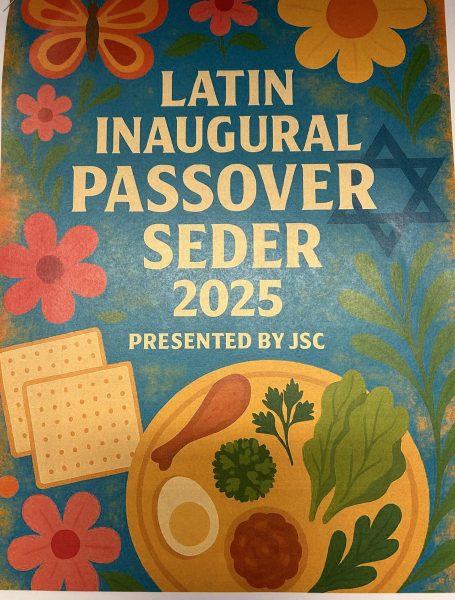
Latin has also allocated resources for students. Earlier this year, the Executive Director of JUF's Israel Education Center provided Latin Upper School students with resources to help navigate antisemitism and microaggressions. Along with the Illinois Holocaust Museum and Education Center, Latin has also brought Holocaust survivors to school to speak with students.
Additionally, Latin hosted a Jewish Identity Curriculum Chat that was attended by more than 30 parents. The chat included presentations from Mr. Woods and Interim Director of Diversity, Equity, and Inclusion Kasey Taylor surrounding the various ways that Latin incorporates lessons on Jewish history and culture through the curriculum across all divisions; including through the Lower School’s exploration of identity and learning of students’ family traditions, the study of “The Diary of Anne Frank” in the Middle School, and the Upper School’s examination of race and ethnicity throughout the history curriculum. JSC advisors also presented on their ongoing work providing a safe space for Latin’s Jewish students to gather and discuss issues around their shared experience.
JSC continues to lead an effort to be proactive in the celebration of Jewish culture, heritage, and tradition. “I would say our main goals are just trying to build community,” Danny said. “And not just with the Jewish community, but with everybody.”
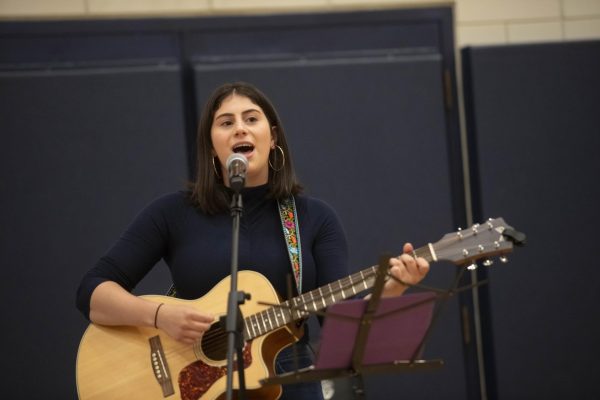
Events hosted by JSC offer the community an opportunity to experience Jewish culture firsthand. “I wanted to ensure that Lower [School] kids, and even the Middle School kids, had some of the formative experiences and just singing and dancing and the slight chaos that breeds just so much fun,” Danny said.
The goal of community-building gave rise to JSC hosting its first community Seder during May’s Jewish American Heritage Month, sharing in, as Upper School English teacher and JSC advisor Lenny Goldman said, “A holiday and traditions that many members of our community love.”
The Seder, held on May 21, brought together approximately 175 community members. The Seder filled the Field Gym with vibrant singing and traditional Passover food.
“It was amazing to see Latin community members outside of the Jewish community come to experience the Seder,” senior Myles Levine said. “The Seder presented a great opportunity to educate people on Jewish culture and traditions for years to come.”
Jewish students have also been pressing for further conversations around their Jewish identity that are difficult and, at times, controversial.
Mr. Goldman said, “In the wake of October 7 and when the anniversary hit, there was a really intense desire from students to be able to discuss these issues in their classes and with their friends inside and outside of classes, but not feeling equipped to do so.”
Latin teachers are on the front lines of addressing these concerns, leaning into long-practiced tactics of fighting hate and ignorance through education. “One of the things I articulated at the curriculum chat, and I’m trying to articulate in general, is there is a common undercurrent to racism, sexism, homophobia, and antisemitism,” Mr. Woods said.
For Mr. Woods, this is where the affinity groups, collectively, can also make an impact. “I do believe there is a commonality of experience that sometimes gets overlooked that I think is necessary to build coalition and learning,” he said.
An important part of this work includes the ability to hear opposing views and enter discussions with respect. As Mr. Woods said, “That’s the work that makes a lot of sense. Just going back to just being respectful of people and respectful of opinions.”
The goal is to encourage this level of open and respectful dialogue both inside and outside the classrooms.
“I know everyone has different experiences, but just make sure that you are talking to people outside the situation … and trying to understand your feelings is the most helpful thing you can do,” Danny said.
Latin students acknowledge and appreciate the school’s continued work on this critical issue.
“I’ve heard really positive things about what they’ve done so far, not only from Latin, but parents or students or whoever has engaged in the work,” Danny said. “It has been a super positive experience to end my time as a Jewish person at Latin.”

